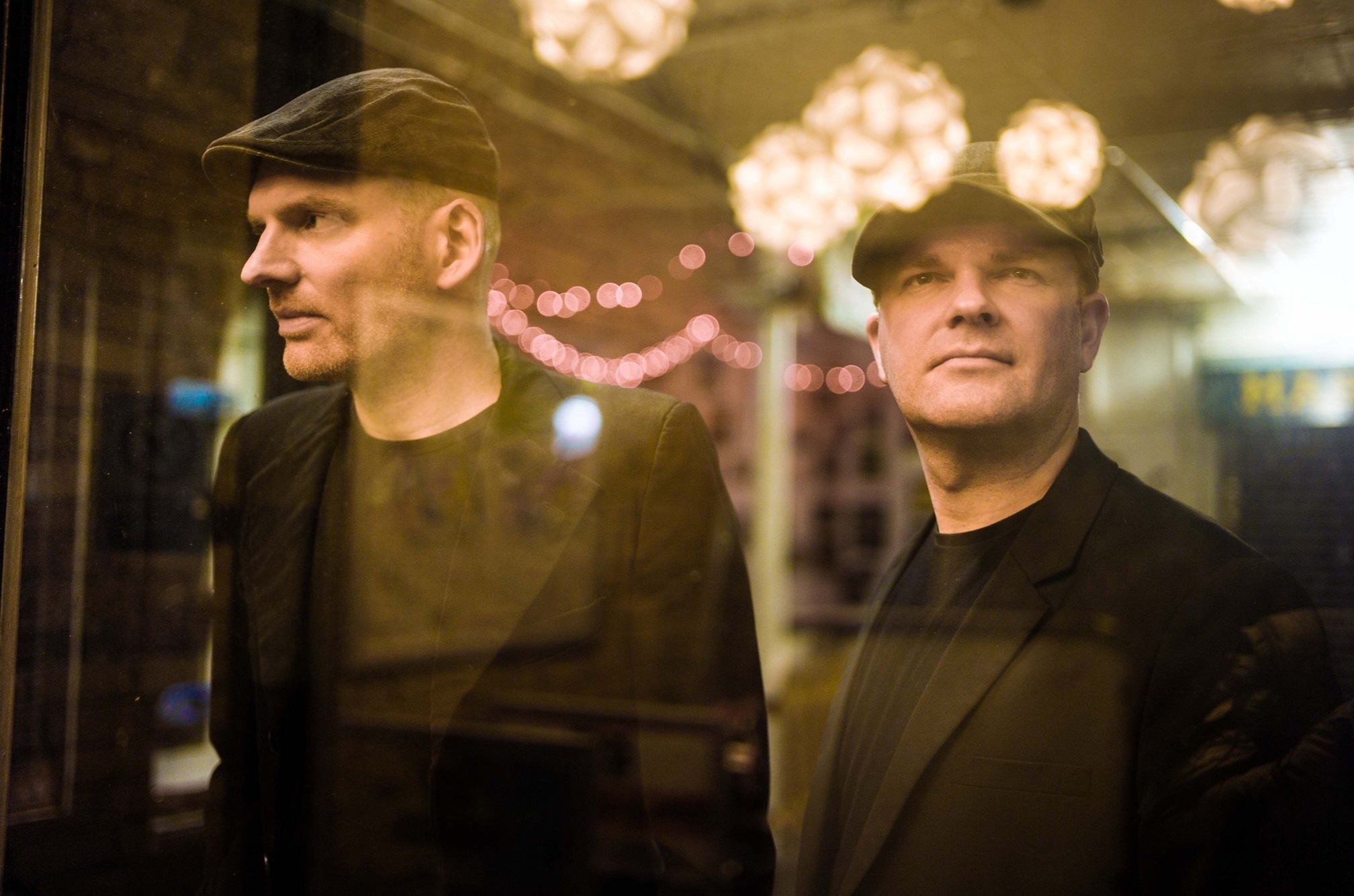 Features
Features
Destination Jeju: Faze Action's Robin Lee dives deep into the scene of his newly-adopted home
Is ocean-side disco about to blossom on the picturesque Korean Island?
Much-loved and widely-respected purveyor of nu-disco and funk-flecked house, Robin Lee is an artist who has a special affinity with the vibrant continent of Asia. Along with his brother, Simon, Robin is one half of the revered UK disco production unit, Faze Action, with whom he enjoys continued success across the global cosmic underground. The siblings have released a vast catalogue of excellent music on seminal labels including Z Records, and Nuphonic, as well as via their own Faze Action Records imprint. The musician, DJ and producer also records as Rudy's Midnight Machine and Andromeda Orchestra and is a long-serving member of Japan's A Hundred Birds Orchestra. Aside from his production work, he also teaches music composition, works as a mastering engineer, and – if that wasn't enough – in 2019 he qualified in the esoteric art of vinyl cutting, too. In 2020, Robin took the bold step to move from London in the UK to Korea's Jeju Island, a picturesque volcanic island lying just south of the mainland. There he has found all the necessary building blocks for a potentially bountiful music scene, though not without a few challenges to overcome first. Interestingly, though, his love affair with Asia didn't begin with his recent Korean move. In the mid-nineties, just as his Faze Action career was beginning, Robin had moved to Osaka in Japan – perhaps ironically – in a vain attempt to escape the world of music. But the gods of music had other ideas.
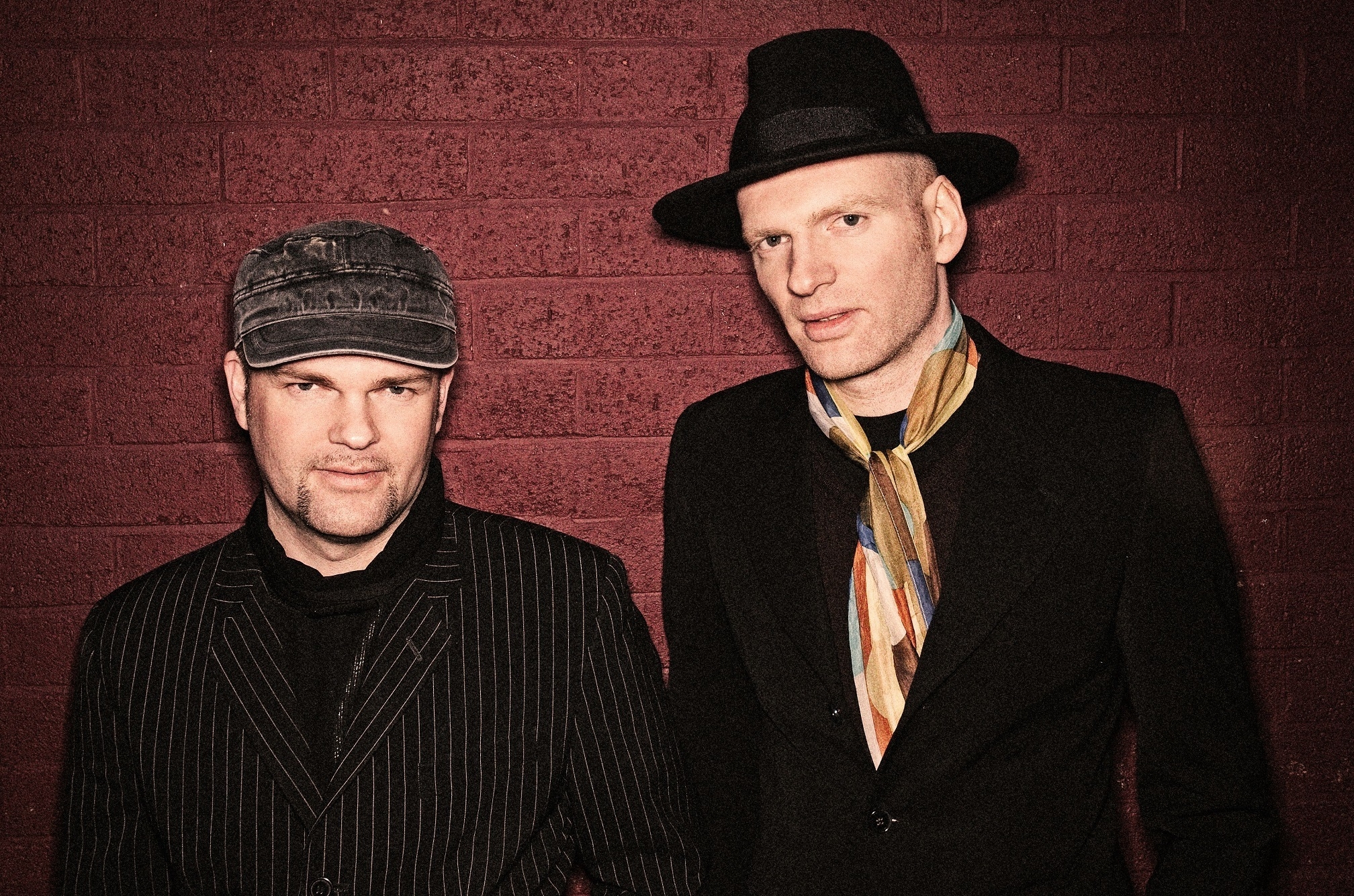
Faze Action's journey started before today's nu-disco proliferation had begun in earnest, and was, in part, inspired by the brothers' desire to contribute something fresh to the tried and tested disco canon. “It was 1994 and Simon had been DJing for 10 years and I had just gotten my music degree,” says Robin. “Simon was playing disco a lot back then, and although there were plenty of classic disco 12's to play out, there wasn’t anything new in that idiom being produced.” But this wasn't the only reason the duo decided to hit the studio. Having completed his studies – as well as feeling the fatigue of a busy schedule as a session player – Robin felt somewhat “music'd out”, and had decided to take an English teaching job in Osaka, Japan, for a much-needed change of scene. As it turned out, the imminent move helped to provide some auspicious impetus. “Simon was a big influence on my own personal music taste, so we decided that we would make a record that Simon could play out in his DJ sets as a sort of farewell present to each other.” With little in the way of expectation, the brothers hired a studio, and, with the help of studio boss and engineer Ben Mitchell, recorded their debut track 'Full Motion' (which is often known as Original Disco Motion). In the Spring of 1995, Simon played it to the head of the then-fledgeling Nuphonic Records, Dave Hill, who agreed to sign it to the quasi-legendary label. Though the record had mixed reviews, it went on to garner an influential following, with the likes of Giles Peterson proving to be early admirers.
The brothers needed a follow-up single, but by now, Robin was firmly immersed in his English teaching experience almost 6000-miles away in Osaka. “It wasn’t clear how we were going to be able to collaborate, as the internet really hadn’t come of age at that time,” says Robin. “Simon would send C90 cassette tapes of loops to me and then I would fax music manuscript back to him. That is really how 'In The Trees' came about and that led to our first taste of underground success.” By 1998 Robin had returned to living in London and was again fully-involved in the UK's thriving underground, with Faze Action continuing to release music and generate international disco heat.
Fast-forward to 2020, and the magnetic pull of Asia was proving to be a strong one for Robin. Throughout his life, he'd always had an affinity with the region and felt that he'd always done well in this part of the world. “As much as I like the UK and its diverse culture, it always felt as though I was missing out on something by not living in Asia. I think this began right back when I was part of one of the very first high school exchanges with the People’s Republic of China,” he says. “(I) really took the idea of cultural exchange seriously. Later, I fell in love with Japan and to this day I consider Osaka a second hometown of sorts.“ Robin's wife, whom he met back in Osaka, was originally from Jeju Island, and when it was suggested that they try out living in Korea, it didn't take him long to decide. It isn't difficult to imagine the draw of Jeju life. As well as having a long history as being a honeymoon destination, it's also considered a haven for burnt-out city folk wishing to escape the rat race. The volcanic island is endowed with more than its share of stunning natural beauty, and Korea's tallest mountain can be found there “It’s often said that this island is the Hawaii of Korea, and in terms of DJ culture, people might start comparing it to Ibiza or Bali. But in reality, this island is quite different.”
Robin is encouraged by the fact that the bubbling embryo of Jeju's somewhat latent dance music scene is being cultivated largely by young locals. Perhaps surprisingly, though, he notes that the island is known for being more conservative than the rest of Korea. “The biggest challenge here in the last year has been the 9 pm curfew set by the authorities due to the threat of the pandemic, and yet people’s spirits haven’t been dampened. There is a sense of knowing optimism and the pioneering local tastemakers are gutsy and don’t give up easily. Slowly but surely there is an emerging interest in DJing, and a growing number of more experienced turntablists that are willing to help in that regard.” Getting to grips with the local music and events community on Jeju has been hampered by the shadow of the dreaded Covid-19 pandemic, but, pre-outbreak, Robin had already begun to feel out what the island had to offer, DJing once and meeting up with some of the locally-based DJs and promoters. Though the existing scene is small, Robin is optimistic about the opportunity for it to flourish. “The dance music culture on the island is yet to come of age but the potential here is huge,” he says. “I moved here during the beginnings of the pandemic so things have been in stasis for the last year. The good news is that it seems to have been a catalyst for the local dance music culture to double down and make plans for serious development when the virus finally recedes."
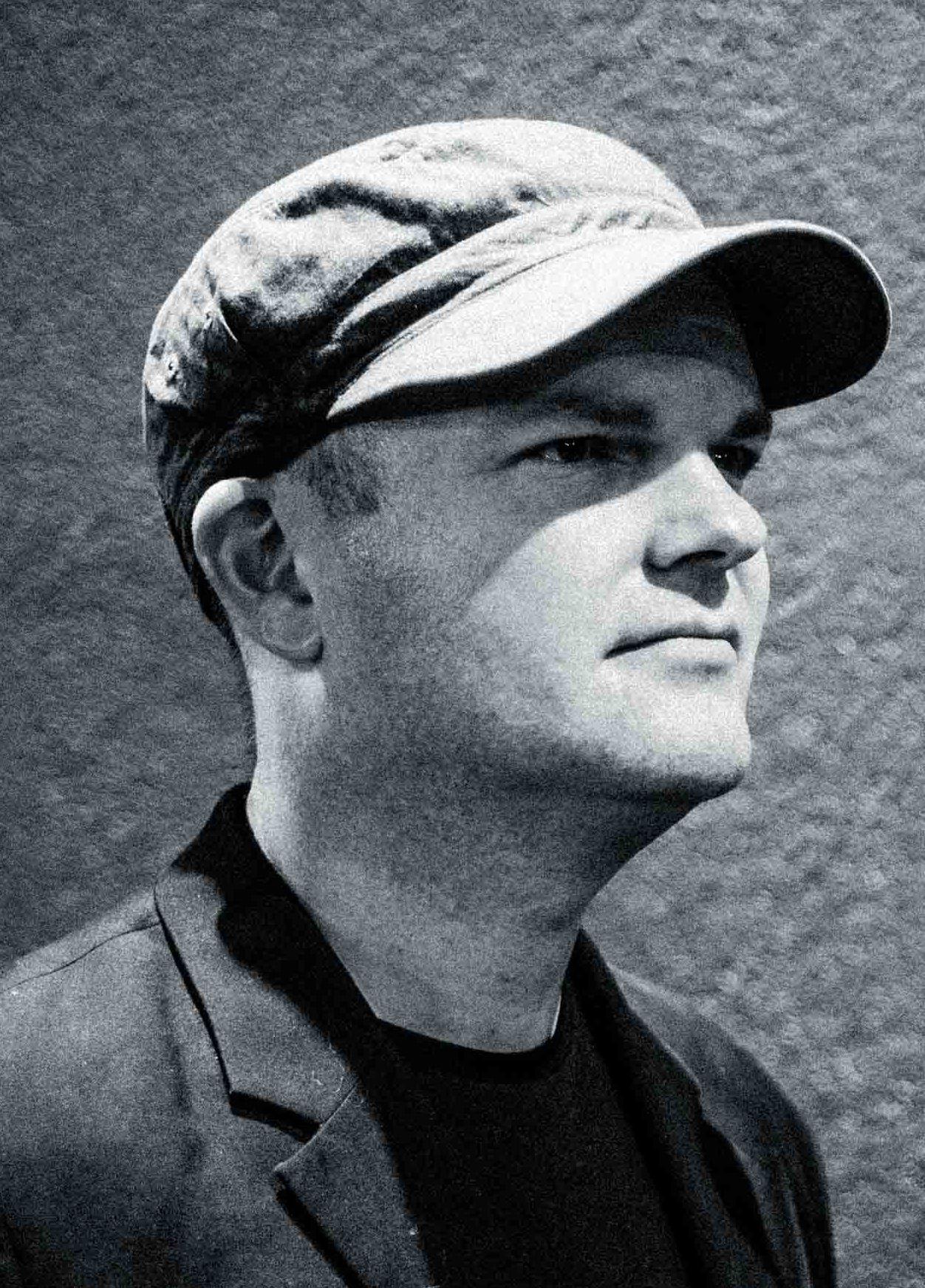
Indeed, many of the venue owners and promoters are already gearing up for such a time when the situation improves, with most viewing the summer of this year as a potential period of re-opening. Despite the current restrictions, a handful of venues on the island have already caught Robin's attention. Of particular interest to him is the development of Vadada – an ocean-side venue situated on the Jeju's south side owned by Joonhyuk Kang. “It has been a beach-side chill-out zone for a while and boasts the most amazing coastal views and a sophisticated music experience for its customers. It’s been developed and upgraded into a beach club for 2021 and is one of my favourite spots on the island.” Elsewhere, Club Holla in Jeju City is due to open a sister venue called Holla Lounge, while The Cliff venue on the south side of the island recently released a compilation of music from local DJs and producers. “Other venues of note can be found around the island,” says Robin. “Sing Sing Eat has a good reputation, and more and more local DJs are revealing themselves. There are also music festivals on the island, of which Stepping Stones is one I’ve been told not to miss.”
Having the nucleus of a music scene is one thing, but, practically speaking, when considering upping sticks and relocating, a working musician, DJ or producer must, of course, consider travel and connectivity. According to Robin, one of the big advantages of Jeju is its proximity to other big Asian cities. Shanghai is two hours away to the west, Osaka is an hour and a half away to the east and Seoul is a mere one hour skip to the north. “The airport here is very efficient and there are lots of options including a good supply of budget airlines,” says Robin, while noting that accommodation and living costs on the island are reasonably priced, “more and more affordable hotels are popping up all the time.”
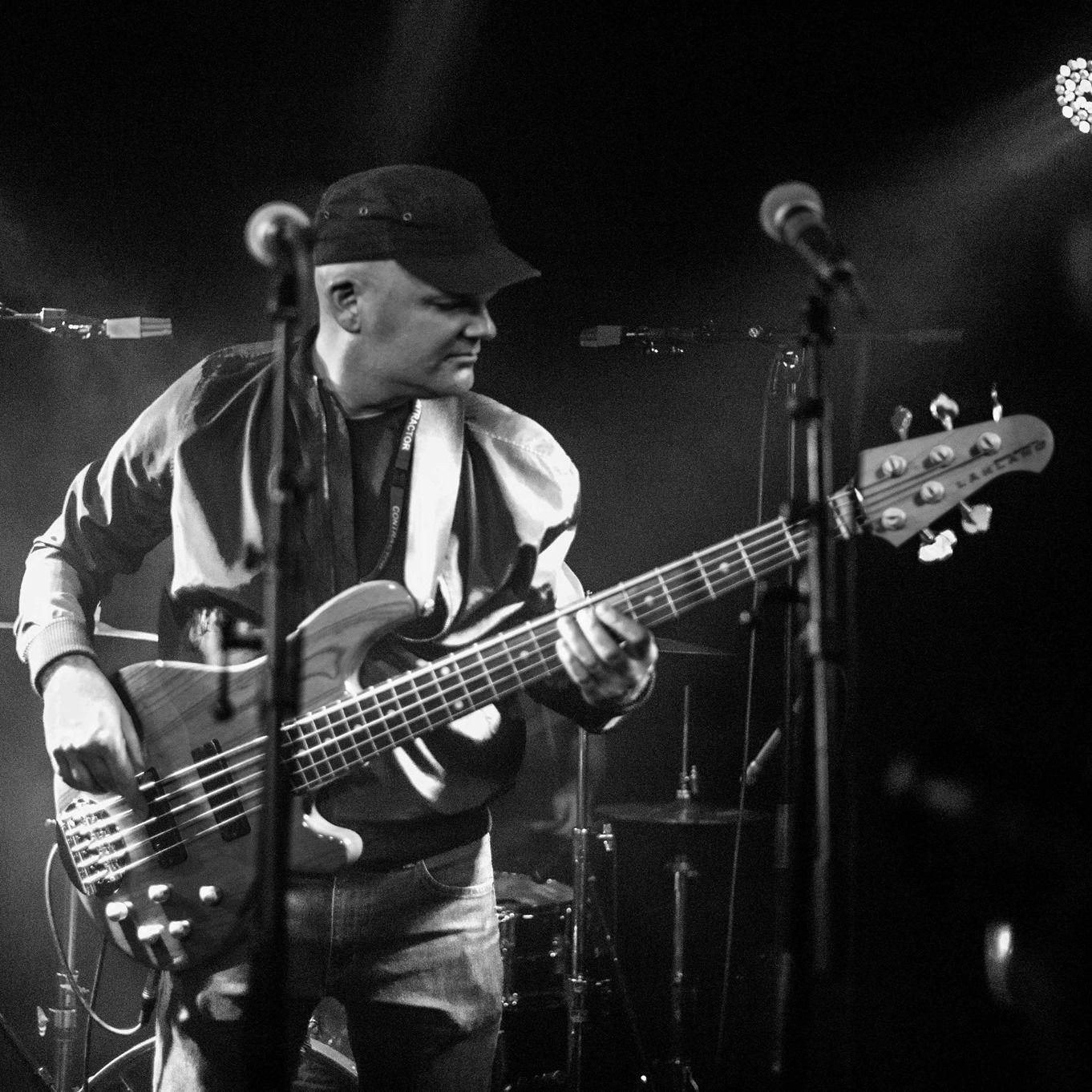
Outside of Jeju, Korea's underground music scene has long been making waves around the world. The likes of Peggy Gou, Yeaji, and Park Hye Jin are obvious examples of successful exports, while the work of Seoul Community Radio, among others, continues to keep the country firmly on the international radar. Robin, too, has been introduced to a number of artists, venues and collectives he considers to be noteworthy. In Seoul, he cites DJ Conan – a successful restaurant owner, DJ, and music director in Itaewon – as well as Dguru and Ffan, while in Busan, Radio Revolution caught his attention. “Of course, there are many more and also some great venues too,” he says. “Bar Disco Surf is hosted by the hugely charming DJ Jinwook and features a sound system that many an audiophile would be proud of. The same goes for smaller venues such as Concrete and the newly opened Listening 166 hosted by DJ Crab – I’d like to thank John Eperjesi for pointing me in their direction.” As someone who takes an obvious interest in the development of burgeoning artists, Robin made a point of mentioning DJ Ffan's Studio Namsan, a venue that provides spaces for DJs to develop and runs music production courses.
Turning to dance music's development in the wider Asia region, Robin is fascinated by differences in the culture's growth in the continent's various nations. “In general, I think it’s safe to say that there has been more of a slow burn in this part of the world as opposed to the explosion that happened in the UK around 1987-88,” he notes, before pointing out two obvious exceptions. “(In) China... it seems that clubbing has had a sudden explosion of interest. Perhaps the other extreme is Japan, where youth culture has developed alongside its western counterparts rather than because of them or in spite of them.”
While it's true that Japan's underground music scene is more established than that of its Asian counterparts, it hasn't all been plain sailing there, and the community has faced its fair share of challenges. “Club culture in Japan has had some setbacks due to issues with licensing laws over the last decade and then just as things seem to be improving, the pandemic comes along. But, the DJ culture roots are long and strong in Japan, and people still have that need to get together on the dance floor.” While discussing Japan, Robin speaks of his immense gratitude at the acceptance and respect he continues to enjoy from the DJs and musicians he met there. Looking back, he now recognises that his premature attempt to leave the music business behind perhaps amounted to wishful thinking. “Leaving the UK to escape music after Simon and I started Faze Action, back in 1995, was a huge folly in hindsight,” he says. “That is the thing with music. Once it has you in its grasp, it never lets you go!” And it wasn't too long before the spirit of music revisited Robin, this time thanks to a chance encounter while record shopping in Osaka back in 1996.
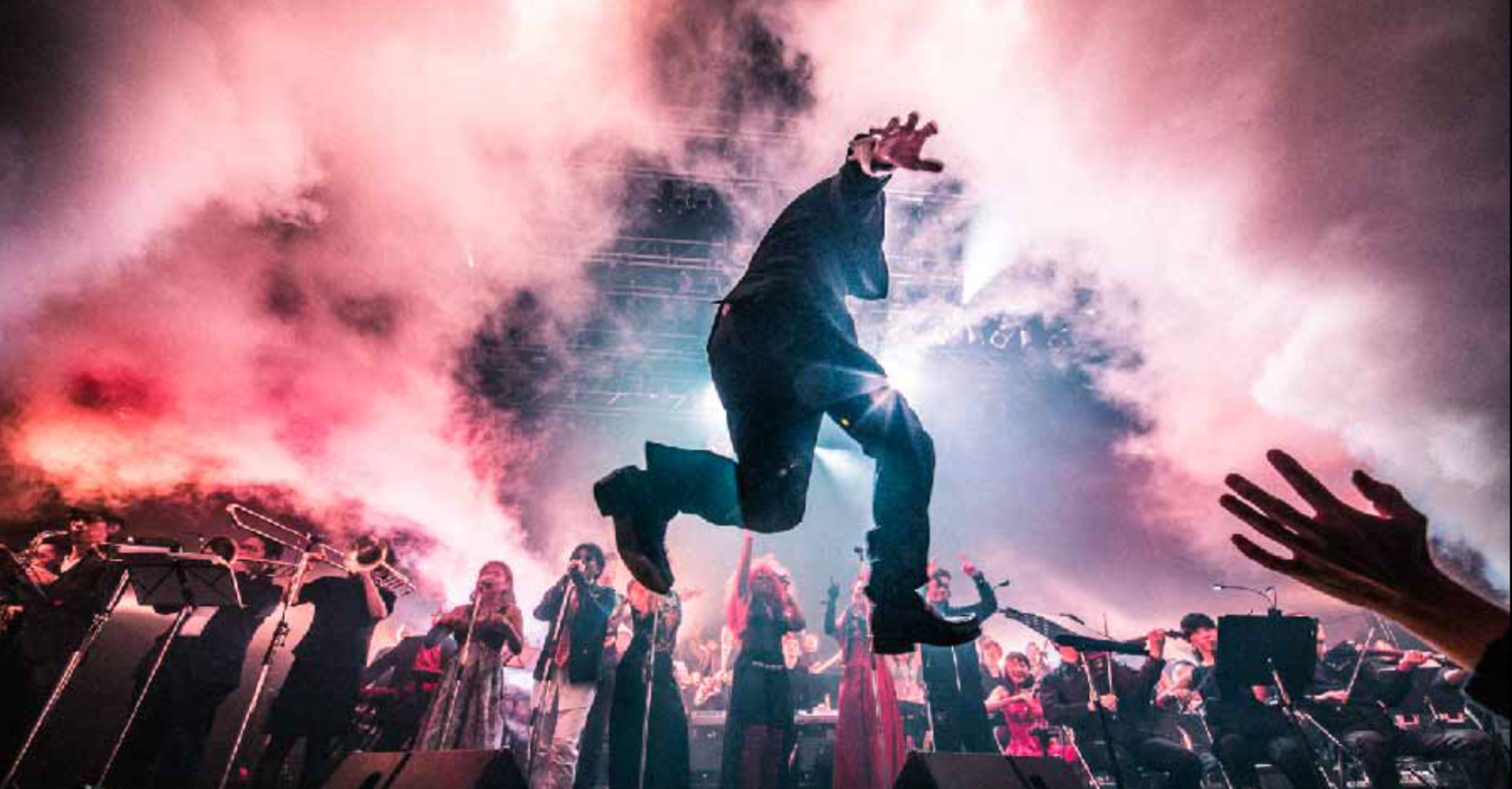
Shortly after the release of 'In The Trees', he found a copy of the 12” in the racks of one of the local record stores, and asked the clerk if it had sold well. “I was told it was probably the last copy in Japan and that it had sold very well!” The store clerk's name was Yoku Kawakami – an Osaka-based music pioneer who would soon go on to invite Robin to take part in an exciting project he had been plotting. Kawakami's idea to was to form a Salsoul style orchestra to perform classics from the disco and house archives. Later in the same year of the pair's chance record store encounter, he would invite Robin to take on the role of score transcriber and conductor of the newly-formed A Hundred Birds Orchestra. Even for someone with Robin's musical background, the new position presented a sizable challenge. The large ensemble was – and still is – comprised of 30 to 40 players, including a full string section, a horn section, four percussionists, two bassists, guitarist, three keyboard players, two drummers, as well as a four-piece backing chorus and a plethora of solo vocalists. “I still see those first few years as the most physically challenging and rewarding musical experiences of my life,” says Robin. A Hundred Birds Orchestra performed their first show in Christmas of 1996 and there has been a show every Christmas since. This year, the orchestra will celebrate the impressive milestone of its 25th anniversary. Though Robin is still affiliated to the group, he no longer serves as conductor, “when I became busy with Faze Action again, I had to give it up and handed the baton back to Yoku who has been conducting ever since.”
Looking back on some of the orchestra's many highlights, Robin has particularly special memories of their 20th-anniversary show with soulful house legend, Barbara Tucker. “That was an extremely musically healing time for me,” he remembers. “I had stopped playing live due to a crisis of confidence, I had lost my bottle. But Yoku invited me to play bass and piano on a couple of songs. The members of that orchestra – along with Barbara and Yoku – healed me that night. With Yoku it's very much like having another older brother taking care of me and I’ll always be grateful to him for that.” Understandably, the orchestra's plans have been put on pandemic-induced hold for the time being, with plans for London shows on ice for now, but they are scheduled to perform again in Osaka this summer.
So, once again residing in Asia, Robin is faced with the challenge of collaborating on his many projects remotely. But, while he may have had to make do with C90 cassettes and fax machines to communicate ideas during his Osaka adventure, fortunately, technology now offers a good deal more to help facilitate creative connection. “It’s funny how history is repeating itself! But with technology the way it is now, there hasn’t been any let-up in the output of Faze Action or any of the side projects that I’m involved with. The internet is a wonderful thing.” Indeed, the Faze Action flame continues to burn as brightly as ever. The duo's next release – featuring Zeke Manyika of Orange Juice fame – is due to be the fourth in a series of Afro-disco and Balearic-infused jams which have been proving irresistible to selectors and collectors in recent years. Meanwhile, Robin is especially excited about his forthcoming Rudy's Midnight Machine release, which comes via Faze Action Records. (The) project is a change for me as I usually collaborate on projects, but for this, I wanted to push myself to see how much of it I could do with no outside input.”
It seems clear that musical collaboration and a strong desire to share and engage through the medium have been key features of Robin's varied and rewarding career thus far. In the last few years, he's extended this communal spirit to include sharing his knowledge in a formal setting, having been invited to join the composition team at the well-respected Point Blank Music School in London. On the surface, this seems like an obvious progression for someone with as much wisdom to share as Robin, but it was an outcome he'd previously considered to be unlikely. “If anyone had asked me twenty years ago, if I would end up lecturing music composition I would have laughed them out of the room.” Despite this, his work teaching online is something that has ended up giving him plenty of satisfaction. “It’s absolutely amazing being able to connect with people that are interested in music production and I thoroughly enjoy delivering those classes and watching as the students fulfil their ambitions,” he says. And, while many dance music creators past and present have forsaken the nuts and bolts of music theory, unsurprisingly, the subject is something Robin strongly believes in the value of. “People are often afraid of (music theory) because they think it’s difficult, elitist or of no utility. But it’s also said that the thing you need the most can be found in the place you least want to look. It’s really incredible watching people that have never studied music transform in a very short space of time.”


